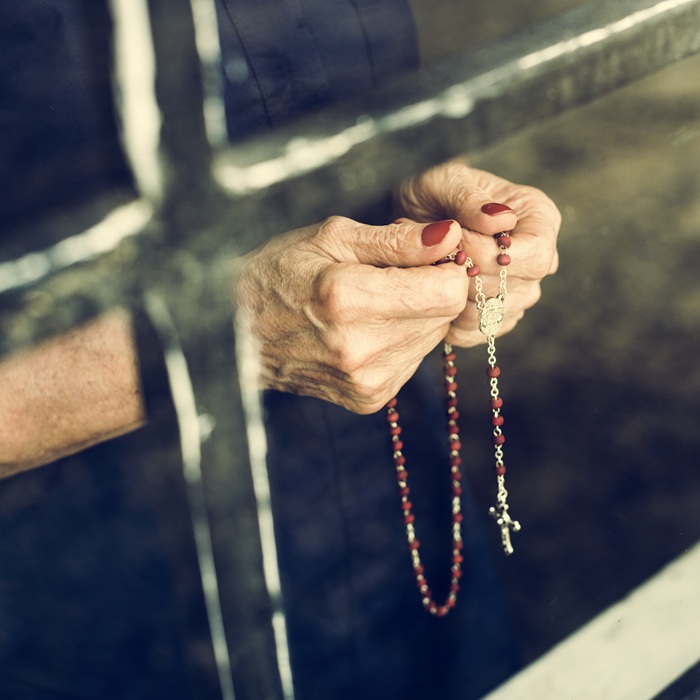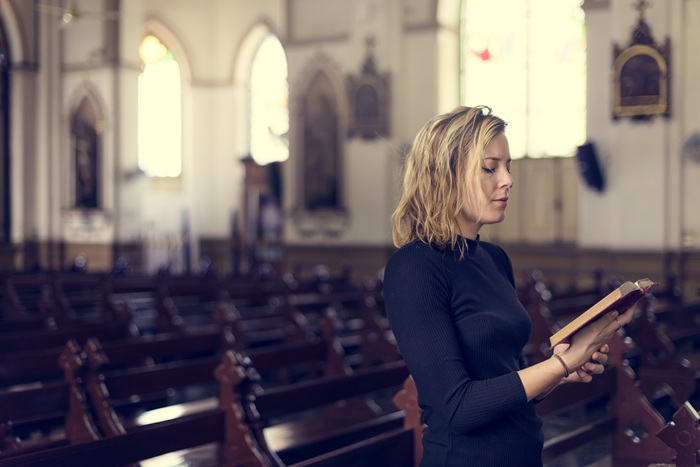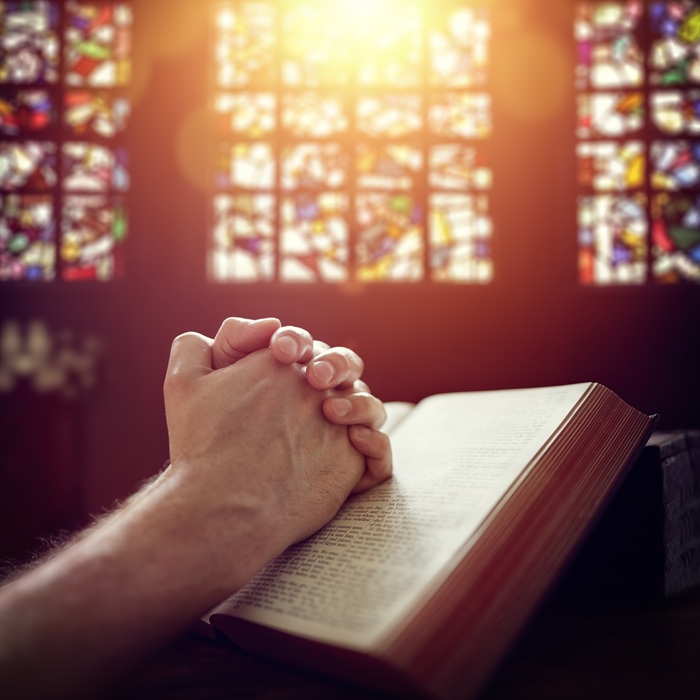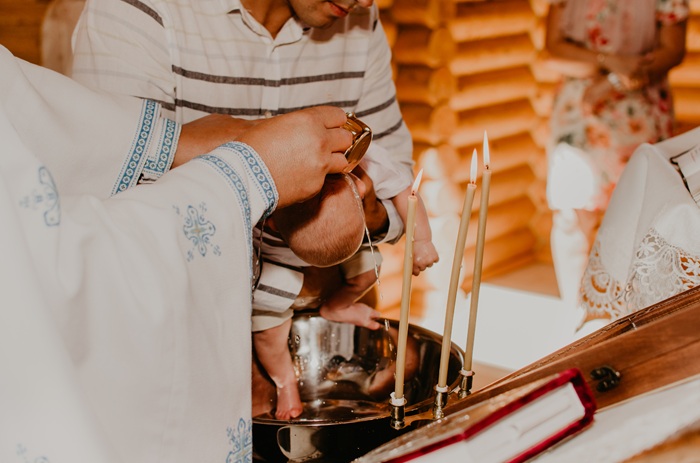The 8 Categories of Zakat Recipients.
Introduction to Zakat and Its Importance Zakat, one of the Five Pillars…
Majlis for Sadaqah, Zakat and Waqf (MASAZAWAQ) was the product of a felt need. Driven by the Islamic spirit of caring for the less privileged, Muslims are known globally for their unbounded generosity. But charitable acts among Muslims have failed to achieve the desired impact of reducing poverty due to lack of coordination.
MASAZAWAQ is a member of Association of Zakat and Waqf Operators in Nigeria (AZAWON)
The Majlis has successfully established branches throughout the length and breath of the State under the aegis of our Royal Fathers in their respective Local Government Areas
Successful Vision, Purpose & Mission of MASAZAWAQ
Explore short educational videos on Islamic charity—Zakat rulings, Sadaqah benefits, and Waqf opportunities. Let your knowledge inspire action.
MASAZAWAQ organizes Zakat, Sadaqah, and Waqf into transparent, impactful programs that uplift communities and reduce poverty.
Organized collection and distribution of Zakat funds to ensure transparency and maximum impact in reducing poverty.
A platform for giving voluntary charity to support the needy, orphans, widows, and community initiatives.
Facilitating endowment (Waqf) contributions for long-term community development and sustainable charitable projects.
Engaging media content showcasing MASAZAWAQ’s activities, impact stories, and educational insights on charity.
Educational sessions and Islamic teachings on Zakat, Sadaqah, and Waqf to enlighten and guide the Muslim community.
A growing network of branches dedicated to coordinating charitable efforts and reaching communities nationwide.
Series of upcoming events designed to strengthen our faith, build community bonds, and deepen our understanding of Islam.
🤝 Calling all compassionate volunteers! Join us for our upcoming Community Outreach Program, an opportunity…
🌟 You’re cordially invited to our annual Fundraising Dinner for Poverty Alleviation, an evening dedicated…
Majlis for Sadakah, Zakat and Waqf ,kwara State is ready to disburse Sadakah to the…
Lorem ipsum dolor sit amet, consectetur adipiscing elit. Ut elit tellus, luctus nec ullamcorper mattis, pulvinar dapibus leo.
Lorem ipsum dolor sit amet, consectetur adipiscing elit. Ut elit tellus, luctus nec ullamcorper mattis, pulvinar dapibus leo.
Lorem ipsum dolor sit amet, consectetur adipiscing elit. Curabitur posuere nunc at libero faucibus, ut pulvinar arcu efficitur. Suspendisse blandit, odio non tristique commodo.
Lorem ipsum dolor sit amet, consectetur adipiscing elit. Sed feugiat, lectus nec pretium aliquam, velit dolor consectetur erat, at tincidunt augue tellus ut justo. Integer at lectus id augue feugiat convallis.
Lorem ipsum dolor sit amet, consectetur adipiscing elit. Ut elit tellus, luctus nec ullamcorper mattis, pulvinar dapibus leo.


Lorem ipsum dolor sit amet, consectetur adipiscing elit. Sed euismod, lorem vel blandit sollicitudin,


Introduction to Zakat and Its Importance Zakat, one of the Five Pillars…
Understanding Sadaqah: The Concept of Voluntary Charity Sadaqah is a term derived…
Introduction to Zakat and Taxation Zakat and taxation serve as fundamental mechanisms…
Lorem ipsum dolor sit amet, consectetur adipiscing elit. Integer in viverra velit. Praesent feugiat, nunc in tincidunt efficitur, nulla erat feugiat risus, a cursus eros ipsum sed turpis.
Sadaqah is a voluntary act of charity given out of compassion, love, friendship, or generosity. Unlike Zakat, Sadaqah is not obligatory and can be given at any time, in any amount. It can be in the form of money, food, clothing, or even a kind gesture or smile.
Zakat is one of the Five Pillars of Islam and is a mandatory form of charity for eligible Muslims. It requires Muslims to give a fixed portion (usually 2.5%) of their wealth annually to those in need. Zakat is meant to purify one’s wealth and help in the equitable distribution of resources within the community.
Waqf refers to an endowment in Islam where a person donates an asset (like land, buildings, or money) for charitable purposes. The asset itself remains intact, while the proceeds or benefits derived from it are used to support charitable activities like education, healthcare, or community welfare. Waqf is a long-term contribution meant to provide ongoing support.
Sadaqah is not limited to financial donations. It can include any act of kindness, such as helping someone in need, offering a smile, or even removing a harmful object from the path. Sadaqah extends to any good deed done with sincerity and compassion.
While the poor are one of the main recipients of Zakat, it can also be given to other eligible categories mentioned in the Quran, such as those in debt, new Muslims in need of support, travelers, and those working to collect and distribute Zakat.
No, Zakat is obligatory for all Muslims who possess wealth above the Nisab threshold for one lunar year. If a person’s savings or assets reach or exceed this minimum threshold, they are required to pay Zakat, regardless of their social status.
Once an asset is dedicated as Waqf, it cannot be reclaimed or used for personal gain. It becomes a charitable trust, and its benefits are directed solely to the causes specified by the donor, ensuring long-term charitable support.
No, Sadaqah and Zakat serve different purposes. Zakat is obligatory and has specific rules regarding who must give and who can receive, while Sadaqah is voluntary and can be given to anyone at any time. Both are highly encouraged, but they fulfill distinct roles in Islamic charity.
Lorem ipsum dolor sit amet, consectetur adipiscing elit. Ut elit tellus, luctus nec ullamcorper mattis, pulvinar dapibus leo.